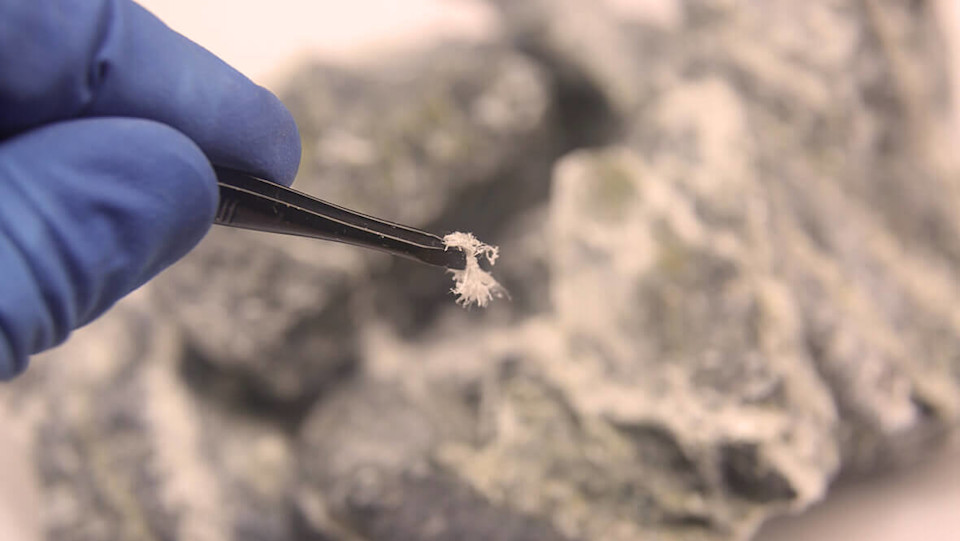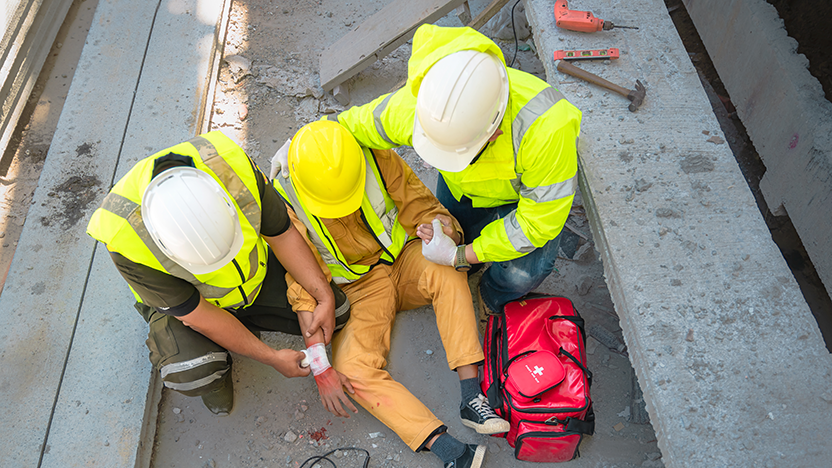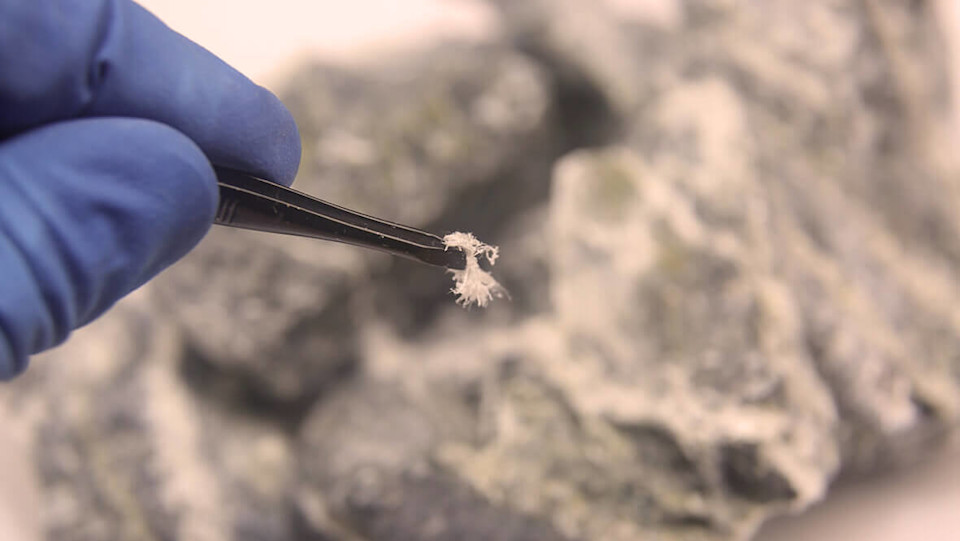
Industrial disease
Academic exposed to chemicals loses senses of smell and taste
A research academic lost his sense of smell and taste while working with chemicals at a University, which investigations have since linked to problems in his laboratory’s ventilation system.
Dr David Preskett was a chemist at Bangor University, working in its industrial-scale research facility to oversee the extraction of plant materials - a process that involved exposure to solvents.
During his time at the University, from 2011 to 2021, Dr Preskett raised concerns with management on a number of occasions around the ventilation in the laboratory he worked in – but was always assured there were no issues and that annual testing of the ventilation systems was carried out.
However, after first beginning to notice changes in his sense of smell in 2013, by 2017 he had completely lost his sense of smell and taste – a condition known as anosmia.
Becoming increasingly convinced there must be a link to his working conditions, Dr Preskett began to make his own extensive investigations into the ventilation system, supported by video evidence he collected, which showed little air movement within the laboratory.
After sending his evidence to Bangor University management, and hoping necessary health and safety improvements would be made, Dr Preskett was informed his fixed-term contract would not be renewed, forcing him to leave his role at the end of 2021 – something Dr Preskett believes is due to his role as a “whistle blower”.
Now, the 67-year-old academic lives with the life-changing impact of anosmia, which will also prevent him being able to return to working as a chemist in a laboratory. Currently, he is working as a semi-retired gardener.
“This has left me feeling violated. I said for so long there was a problem, but the University didn’t do anything about it. They didn’t want to hear it,” says Dr Preskett, who now lives in Dorset.
“I was told I had this state-of-the-art laboratory and for ten years I was reassured there were no problems – but the fact I was working for all this time without adequate ventilation has now been exposed. I absolutely believe I was sacked for whistle blowing – they didn’t want anyone to know there were problems in their facilities.
“I am speaking out because I don’t want other people to be put in the position I was, and to experience what I now live with. I’ll never work as a chemist again, which is something I hoped to do well past retirement. I want the University to take their health and safety responsibilities seriously and protect other people working there.”
Dr Preskett says the fact he can no longer smell or taste has had a profound impact on his life.
“While it isn’t regarded as a debilitating disease, the loss of smell and taste can cause big problems in your life. My partner often has to help me in cooking food as I can’t smell if it is burning, and there was one occasion when there was a problem with our log burner and the room filled with fumes that I could not detect,” he says.
“And the fact I can no longer wake up and smell the coffee, or smell the perfume or flowers I buy for my partner, are some of the things that have got me down at times. Sometimes it’s the quite simple things that really get you.”
Dr Preskett pursued a legal claim for his development of anosmia against Bangor University, which was recently settled out of court following a number of offers from the University. He was supported by law firm Slater and Gordon.
“This is a very sad situation where a talented academic was forced to unknowingly work in unsuitable conditions, and despite his suspicions, was assured of his safety. This has ultimately had a life-changing impact,” says Madelene Holdsworth, principal lawyer and industrial disease specialist at Slater and Gordon.
“It is absolutely unacceptable that anyone should have their wellbeing put at risk through going to work. In this instance, David was exposed to the harmful effects of solvents as a result of poor ventilation for years. Employers must be vigilant around health and safety to ensure their staff are protected, and must take urgent action if concerns are raised, particularly when verified through evidence.”



